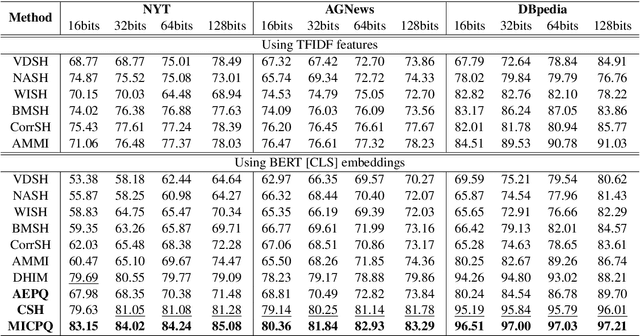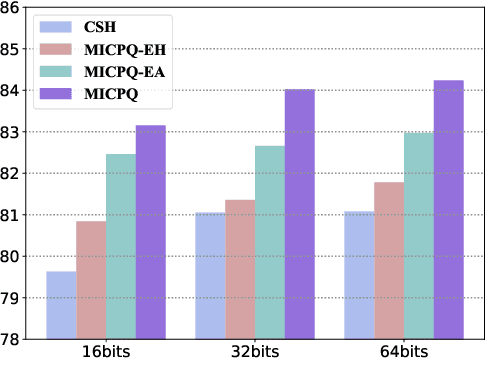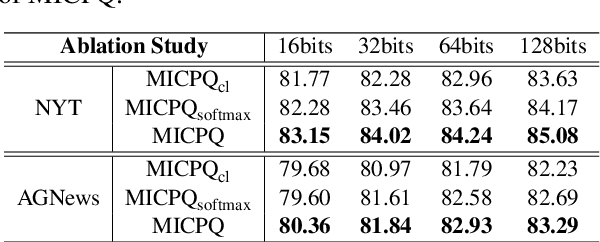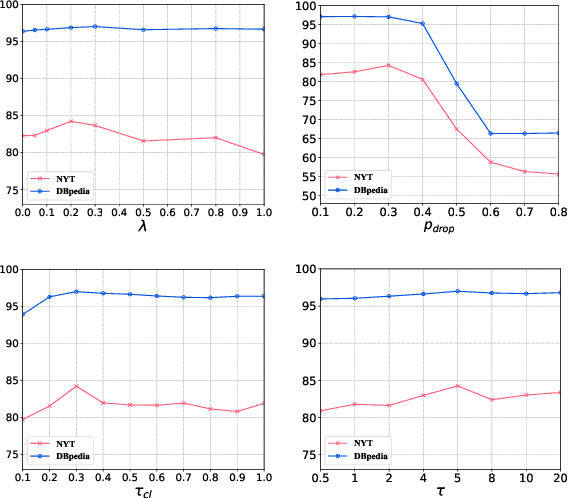Efficient Document Retrieval by End-to-End Refining and Quantizing BERT Embedding with Contrastive Product Quantization
Paper and Code
Oct 31, 2022



Efficient document retrieval heavily relies on the technique of semantic hashing, which learns a binary code for every document and employs Hamming distance to evaluate document distances. However, existing semantic hashing methods are mostly established on outdated TFIDF features, which obviously do not contain lots of important semantic information about documents. Furthermore, the Hamming distance can only be equal to one of several integer values, significantly limiting its representational ability for document distances. To address these issues, in this paper, we propose to leverage BERT embeddings to perform efficient retrieval based on the product quantization technique, which will assign for every document a real-valued codeword from the codebook, instead of a binary code as in semantic hashing. Specifically, we first transform the original BERT embeddings via a learnable mapping and feed the transformed embedding into a probabilistic product quantization module to output the assigned codeword. The refining and quantizing modules can be optimized in an end-to-end manner by minimizing the probabilistic contrastive loss. A mutual information maximization based method is further proposed to improve the representativeness of codewords, so that documents can be quantized more accurately. Extensive experiments conducted on three benchmarks demonstrate that our proposed method significantly outperforms current state-of-the-art baselines.
 Add to Chrome
Add to Chrome Add to Firefox
Add to Firefox Add to Edge
Add to Edge